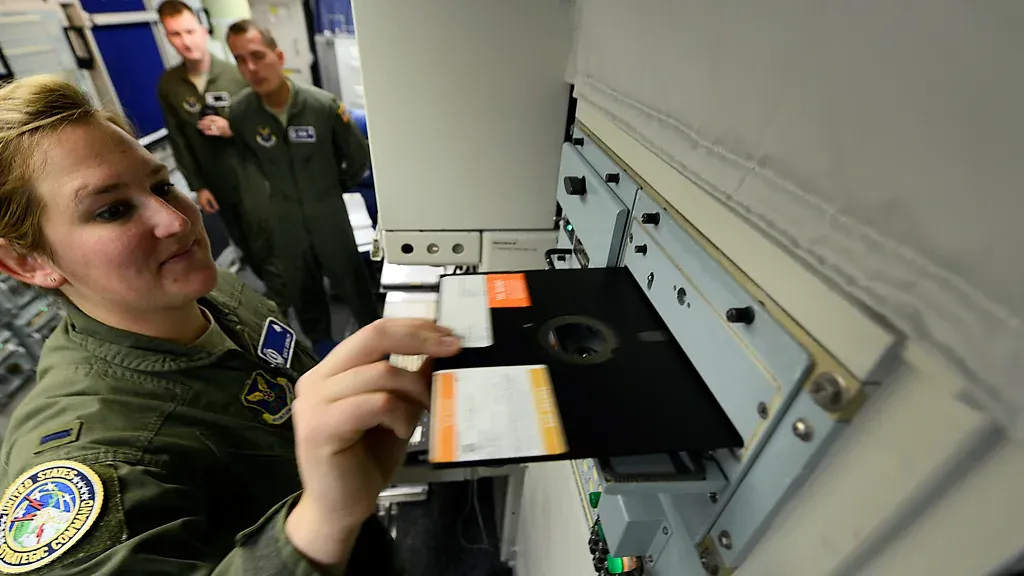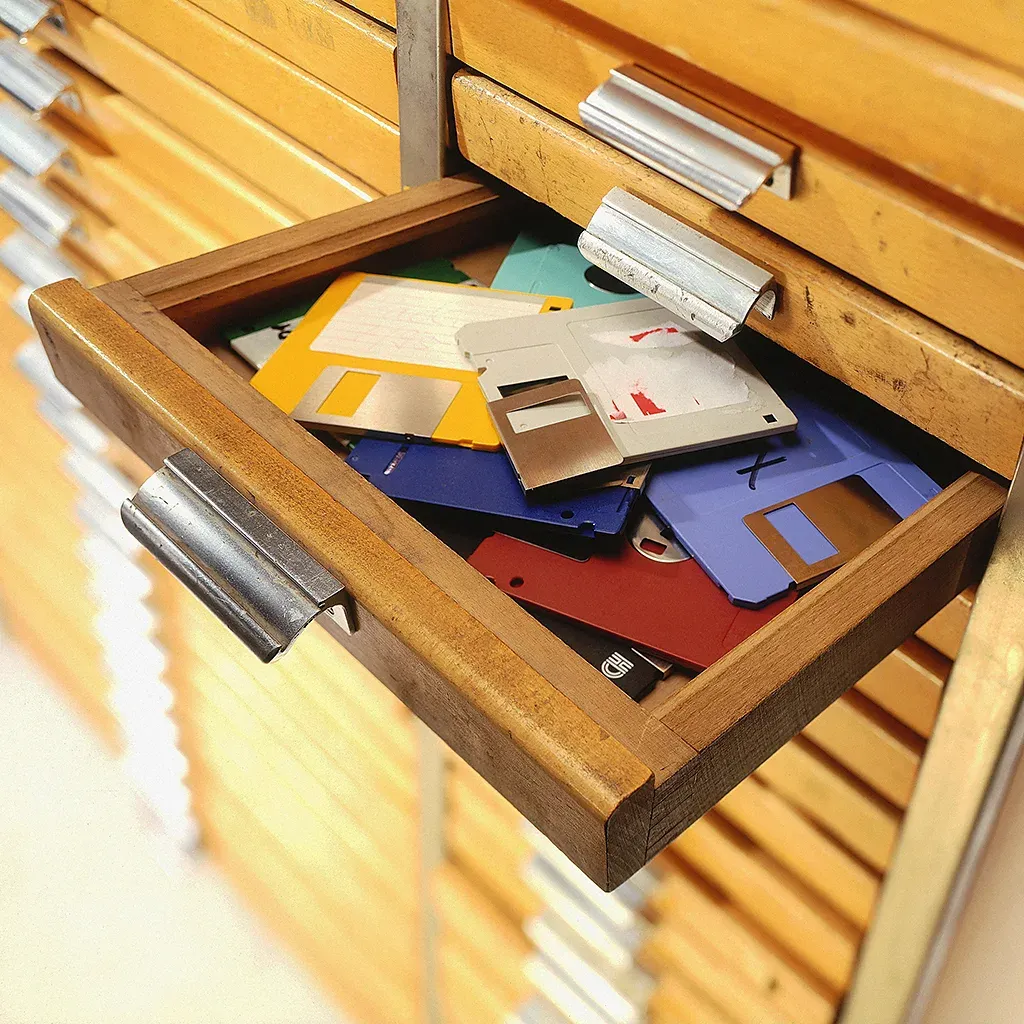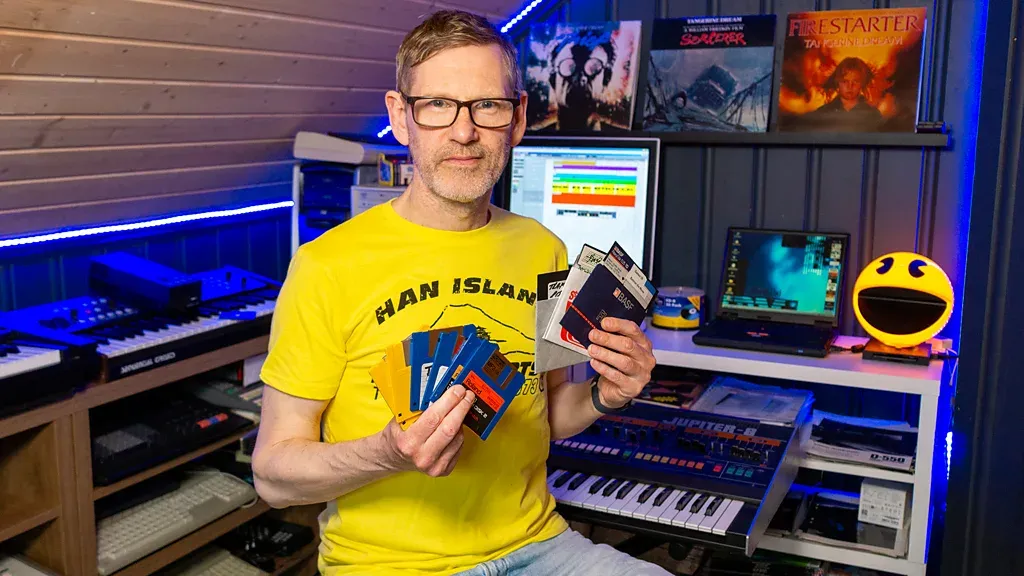When Espen Kraft feels the creative muse strike, he doesn’t reach for modern technology; he turns to his collection of floppy disks. The Norwegian musician and YouTuber finds inspiration in these relics of computing history, each disk a repository of sounds and samples that fuel his musical creativity. Despite their limited storage capacity and outdated technology, floppy disks hold a special place in Kraft’s creative process.
The Legacy of Floppy Disks
Floppy disks, or diskettes, first emerged in the 1970s and became ubiquitous in computing through the 1990s. These small, flexible storage devices were once the primary means for storing and backing up computer data. While the original 8-inch and 5.25-inch floppy disks were truly floppy, the later 3.5-inch disks, popularized in the 1980s, were smaller and more durable, even becoming the symbol for “Save” in many software applications.
Nostalgia and Niche Uses
Despite being phased out by writable CDs, USB drives, and cloud storage, floppy disks continue to be cherished by a niche group of enthusiasts and professionals. Kraft, for instance, values the tactile experience and nostalgia of using these disks. For him, the process of loading a sample onto his synthesizer is not just about functionality but about connecting with a bygone era of computing.

Industrial and Specialized Applications
Beyond music, floppy disks still serve critical roles in various industries and systems worldwide. Legacy industrial and government systems, including some city transport networks and even older aircraft like the Boeing 747, rely on floppy disks for essential operations. These systems, though dwindling in number, highlight the enduring reliability and security features of floppy disks in specific applications.
The Future of Floppy Disks
With Sony having discontinued production in 2011, the supply of floppy disks is finite and dwindling. Despite this, enthusiasts like Kraft and businesses such as Floppydisk.com continue to find value in these vintage storage solutions. Tom Persky, who operates Floppydisk.com, notes a steady demand for these disks, catering to both hobbyists and industrial users who depend on them.

FAQs about Floppy Disks
Q: Why do people still use floppy disks in the age of modern storage solutions? A: Floppy disks offer a unique blend of nostalgia, reliability for certain industrial systems, and specific cultural or creative uses that newer technologies cannot replicate.
Q: Are floppy disks still manufactured today? A: No, the last new floppy disk was produced by Sony in 2011. Current supplies are sourced from existing stocks and resellers like Floppydisk.com.
Q: What are the main challenges faced by floppy disk users today? A: Users often encounter issues with disk degradation over time due to storage conditions or mechanical failures, necessitating careful maintenance and backups.


